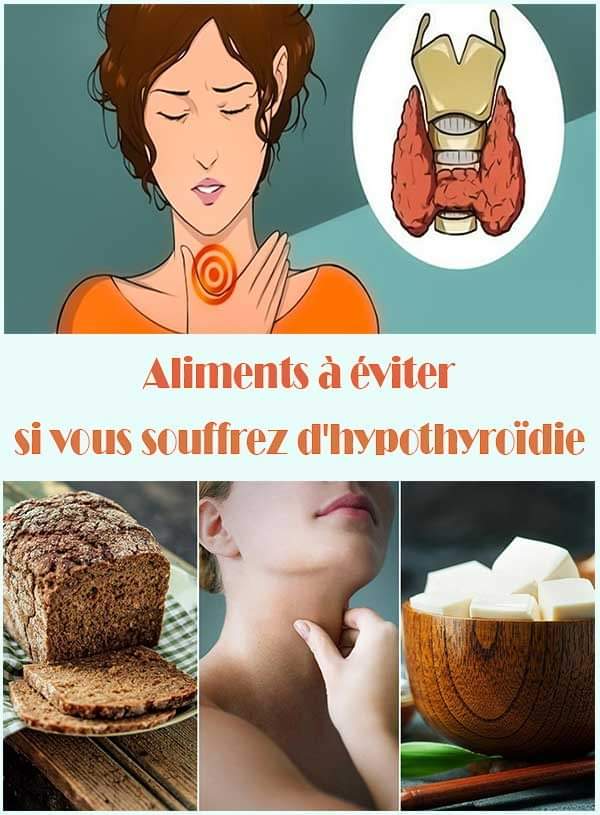ADVERTISEMENT
You may not need to completely eliminate all of the vegetables and fruits on this list. Cooked cabbage or kale are fine. Others can be enjoyed in small amounts or occasionally. But work with a nutritionist or your doctor to develop a diet plan that compensates for the nutrients you’re missing out on by avoiding these potentially problematic foods.
Although the condition is treated with medication, what you eat can also make your condition better or worse. Certain foods are known to make the problem worse. For example, since your body needs adequate amounts of iodine to produce thyroid hormone, it’s best to avoid foods that interfere with iodine absorption—like goitrogenic foods.
The first step is of course to determine the cause of your hypothyroidism and to check whether or not you have other deficiencies, such as an iodine deficiency. Next, check your diet plan to make sure that you are not consuming too many of the foods on the following list. Among these foods, there are some that you should avoid completely, others that you can eat once cooked, and still others that you simply need to choose at the right time in relation to when you are taking your thyroid medication.
Foods to Avoid if You Have Hypothyroidism
1. Soy Foods
You should watch your soy intake if you also have an iodine deficiency, as it may increase your risk of developing hypothyroidism or require you to take a higher dose of thyroid hormones. Soy isoflavones interfere with the body’s absorption and use of iodine and may worsen an existing deficiency.
ADVERTISEMENT
